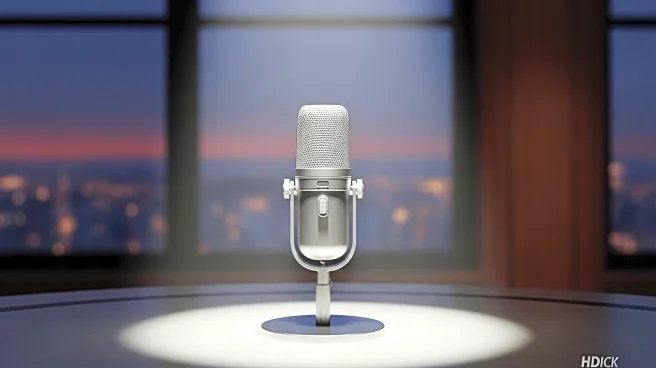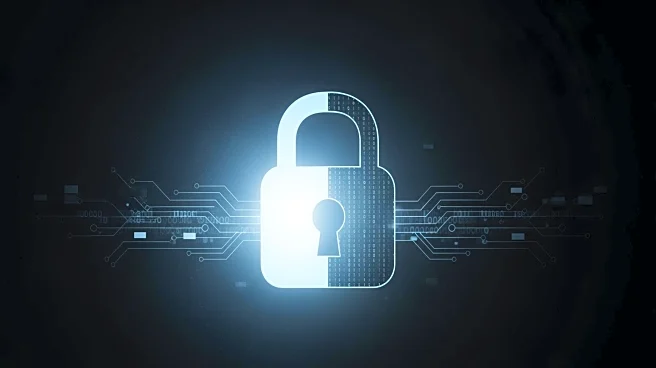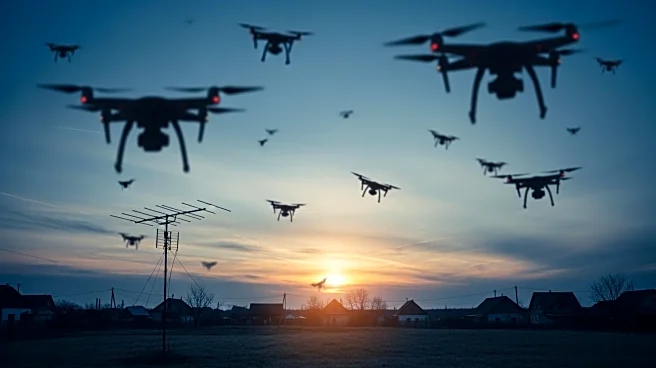What is the story about?
What's Happening?
Jimmy Kimmel made an emotional return to late-night television with his first monologue since his show was taken off air. However, the broadcast was preempted by Nexstar and Sinclair, blocking it from nearly a quarter of American households. The show aired in limited markets, including Philadelphia, Pittsburgh, and Scranton. Kimmel addressed efforts to cancel his show over his beliefs, labeling them as un-American. The situation highlights ongoing tensions between media companies and content creators, as well as the impact of broadcast decisions on audience access.
Why It's Important?
The return of Jimmy Kimmel to late-night TV is significant in the context of media freedom and the influence of broadcast networks on content distribution. The preemption by major networks like Nexstar and Sinclair underscores the power these entities hold in shaping public access to entertainment and information. This situation may affect advertisers and viewers, as restricted access could lead to decreased audience engagement and revenue. The incident also raises concerns about censorship and the role of media companies in controlling narratives, impacting public discourse and cultural expression.
What's Next?
The broadcast restrictions may prompt discussions among media stakeholders about the balance between corporate interests and creative freedom. Kimmel's return could lead to increased scrutiny of network practices and potential advocacy for more transparent and equitable distribution policies. Viewers and industry professionals may watch closely for any changes in network strategies or public statements from Kimmel and other late-night hosts regarding media freedom and censorship.
Beyond the Headlines
The situation with Jimmy Kimmel's show highlights broader issues of media consolidation and its effects on diversity of content. It raises ethical questions about the responsibilities of media companies in supporting free expression and the potential consequences of limiting access to popular programs. The incident may contribute to ongoing debates about the future of television broadcasting and the need for regulatory measures to ensure fair access to diverse viewpoints.














